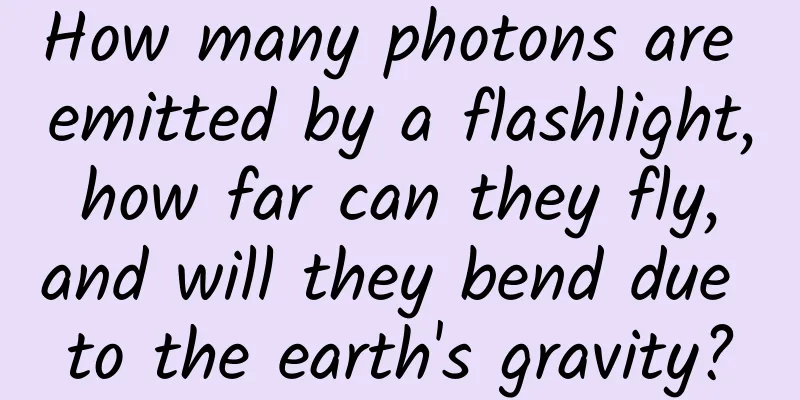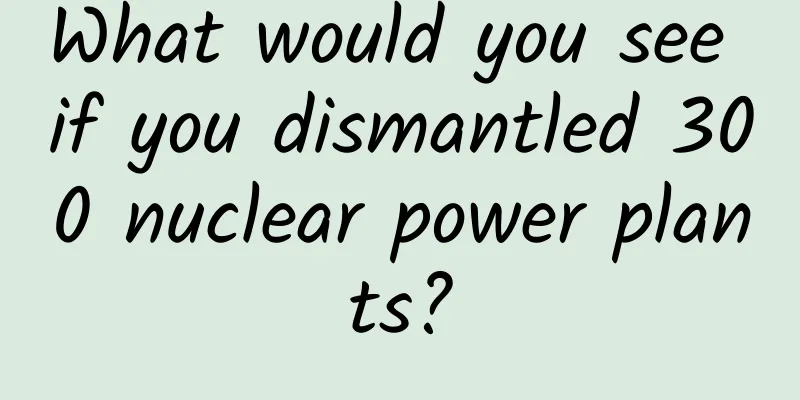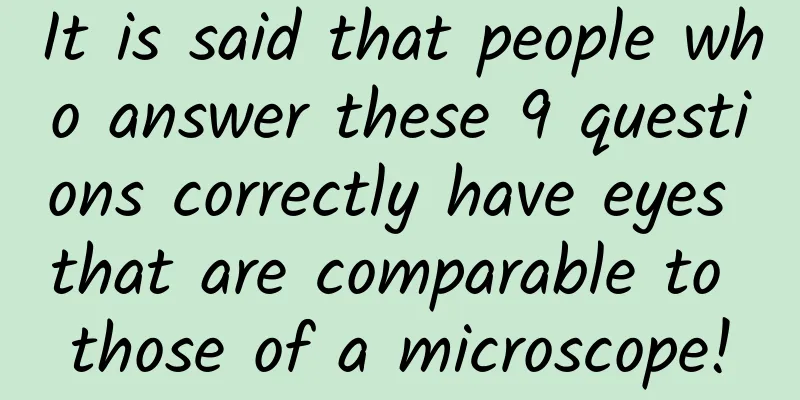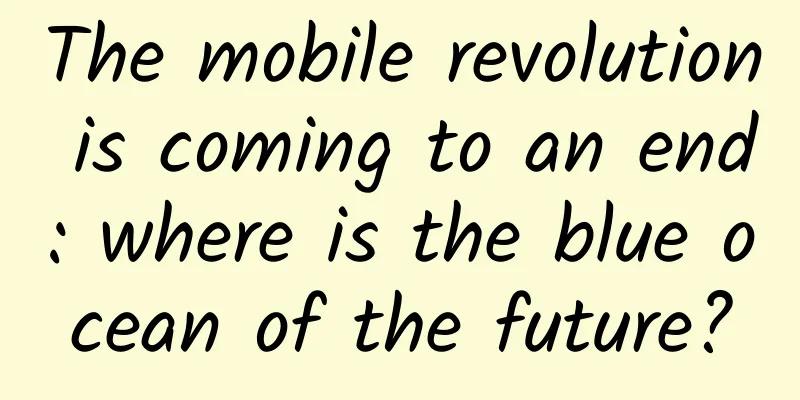Now that we have a specific drug for COVID-19, do we still need to continue getting vaccinated?
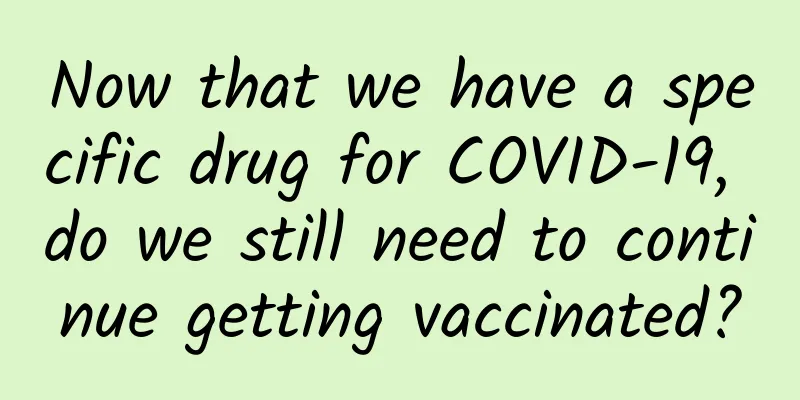
|
December 15 is the World Immunization Day, which was established at the 41st World Health Assembly in 1988 to eradicate polio. In 2000, my country announced to the World Health Organization that polio had been eradicated. Today, the purpose of Immunization Day is more to call on the public to strengthen vaccination and enhance physical immunity. Under the normal circumstances of epidemic prevention and control, vaccination with the new crown vaccine can help people build a healthy protective wall. This month, the special medicine for COVID-19 was approved. The National Medical Products Administration announced on its official website that it had approved the registration application for the COVID-19 neutralizing antibody combination therapy ambavir monoclonal antibody injection (BRII-196) and romisvir monoclonal antibody injection (BRII-198) on an emergency basis, and approved them for the treatment of mild and common COVID-19 infection in adults and adolescents (12-17 years old, weighing ≥40kg) with high risk factors for progression to severe cases. Image source: Screenshot of the official website of the State Drug Administration Now that we have a specific drug for COVID-19, should we continue to get vaccinated? COVID-19 specific medicine ≠ vaccine According to information released by the State Drug Administration, approved drugs can currently only be used for treatment. As to whether direct injection of neutralizing antibody drugs for COVID-19 can also play a preventive role, pharmaceutical company Tengsheng Huachuang also gave a positive answer at the press conference. The research team has extended the half-life of the drug through genetic modification, making it effective in the human body for several months. They also said that clinical trials for preventive effects are currently being conducted. Regarding the relationship between COVID-19 treatment drugs and COVID-19 vaccines, Professor Zhang Linqi, head of the research and development team and professor at Tsinghua University School of Medicine, emphasized that prevention is the most important thing for any disease. "If you have medicine, you don't need to get vaccinated" is a cognitive misunderstanding between vaccines and drugs. Vaccines and special COVID-19 drugs are complementary and cannot replace each other. Vaccines are the first line of defense, and the antibodies provided by drugs are the key protection. The two are not the same. Vaccines provide antigens to the human body, and after vaccination, the antigens induce the body to produce antibodies. However, some people are not suitable for vaccination due to age, disease and other reasons, such as the elderly or people with malignant tumors, nephrotic syndrome, AIDS and other immunocompromised people, or they cannot produce sufficient immune response to the vaccine and cannot produce enough antibodies, so they cannot achieve a good preventive effect through vaccination. In other words, vaccination must be given before exposure to the virus and is mainly used for healthy people, while monoclonal antibodies can be used after exposure to the virus, that is, for patients who have been infected with the virus or people who are highly suspected of being infected with the virus. Why is it called a miracle drug? The reason why it is called a "special medicine" is that the new coronavirus neutralizing antibody drug has a high effectiveness. The main mechanism of action of the new drug is to neutralize the new coronavirus, prevent the virus from adsorbing to susceptible cells, and thus block the virus or its genetic material from entering the cell and multiplying. Zhang Linqi explained in layman's terms: "The protein on the surface of the virus can open a 'lock' on the cell. The virus must enter the cell to replicate itself and produce offspring. So the way antibodies work is basically to block the surface, a bit like a gang fight. In this case, its key can't contact the lock at all, and if it is not allowed to enter, then these viruses will be cleared by our immune system." The results of the Phase III clinical trial of 837 patients with COVID-19 conducted in 111 clinical trial institutions in 6 countries across 4 continents showed that the antibody combination drug can reduce hospitalization and mortality by 78%, and the drug-treated group achieved zero deaths after 28 days of treatment, while there were 8 deaths in the control group. Compared with other COVID-19 treatment drugs in the world, this combination drug provides a golden treatment period of up to 10 days. The final results of the Phase III clinical trial showed that whether patients went to the outpatient clinic for treatment 1-5 days after the onset of symptoms (early stage) or started treatment 6-10 days (late stage), the hospitalization and mortality rates were significantly reduced. This provides a longer treatment window for COVID-19 patients. Can we deal with mutant strains? In the case of virus mutation, whether vaccines and monoclonal antibody drugs are still effective depends on whether the antibodies they produce can play a role and whether the site of action has changed. For vaccines, because they produce polyclonal antibodies that can act on multiple sites where the virus infects humans, the impact of individual mutations will not be too great. However, monoclonal antibodies act on a single site, and if a mutation causes the site to change, it is likely to become ineffective. This is why "cocktail" therapy using two or more monoclonal antibodies has emerged. As for the impact of the Omicron mutant on existing vaccines and monoclonal antibody drugs, further research is needed on its binding site, that is, whether the sites of action of these vaccines and drugs are exactly the sites of the Omicron mutation. Compared with the new coronavirus antibody drugs that have been approved for emergency use in Europe and the United States, my country is the only country that has evaluated the treatment effects on patients infected with variant strains and obtained data. In fact, before the emergency approval, the new drug has already played a role in clinical treatment. In response to the recent COVID-19 outbreak in China caused by the Delta variant, Brii Biopharma has donated nearly 3,000 doses of Ambavir and Romivir since June 2021 through cooperation with Chinese government departments and hospitals, involving 13 provinces (autonomous regions) including Guangdong, Yunnan, and Jiangsu, and treated nearly 900 patients, which is the largest number of patients experienced by this pair of neutralizing antibodies in a single country. It is also the only antibody drug in the world so far that has been evaluated for its therapeutic efficacy in patients infected with variant strains (mainly delta variants) and obtained the best data. However, from the perspective of large-scale application, vaccines still have cost advantages. The first step of prevention should still be to use vaccines, and then focus on using specific COVID-19 drugs for special groups. END News sources: China Business Weekly, Tsinghua University, Brii Biopharma, China National Radio, The Paper, Science and Technology Daily, Beijing News, Eastday, China News Service, Global Times Editor/Xiao Xitushuo Tadpole Musical Notation |
<<: High-end products often only require the simplest Chinese manufacturing!
Recommend
20 tools to improve efficiency: a must-have for operators
If you want to do your work well, you must first ...
Magic Card Relationship·Male Personal Trainer 2.0 Happy Life
Magic Card Relationship·Men's Personal Traine...
Event promotion: more than 60 event operation tools, this article is enough for you to organize events!
To organize a good event, it often goes through t...
Spring is here, and love songs are playing! But... do animals mate for reproduction?
"One day of floating life is one lifetime of...
Why did Ke Jie say "I lost my temper after losing"? 8 questions to interpret the first game of the man-machine match
After more than four hours of play, Ke Jie lost t...
Bilibili (B station) product operation analysis
As a content community that started out by relyin...
If you want to control gout, you'd better avoid these 8 foods
This article was reviewed by Zhu Hongjian, Chief ...
If your child doesn't talk, does that mean he or she is "socially anxious"? Maybe you should learn about "selective mutism"
gossip Children who can talk happily and communic...
Product promotion: How to advertise?
A very important part of advertising is the selec...
What is the user value of the automotive aftermarket? Analyzing the definition of the automotive aftermarket
The automotive aftermarket is a service-oriented ...
How much does it cost to develop a teaching material mini program in Xishuangbanna?
How much does it cost to develop a textbook apple...
Mobile online shopping scale reaches 64.19 billion; home appliance companies focus on O2O development
With the rapid development of the Internet, e-com...
Mr. San's "Oral Copywriting Methodology" Advanced Topic Selection - Hot Copywriting, Improve the 5-second broadcast and quickly write hot copywriting
Training course video content introduction: Easil...
Speaking of "dragon" in the Year of the Dragon, do you know the rumors behind these "dragons"?
Author: Liu Aiqi Reviewer: Wang Kang, Director of...


